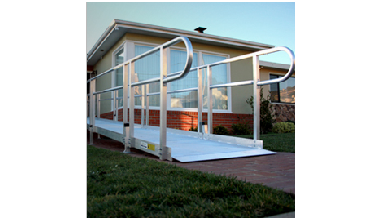
Think about this for a moment: there are over 5,400,000 people living with Alzheimer’s Disease (AD) today in the U.S. with approximately 83,000 of those here in Louisiana. That’s 1 in every 8 Americans! There are over 15,000,000 caregivers that provide 17,000,000,000 hours of unpaid care at an estimated cost of over $200,000,000,000 annually. AD is the 6th leading cause of death in the U.S. and the only disease of the top 10 diseases that is not preventable, not curable and is 100% fatal. Today, 1 in 2 seniors over the age of 85 have been diagnosed with AD. By 2050, if we do not find a cure, there will be approximately 16,000,000 living with AD We are in the midst of an epidemic. These figures are grim, but true.
AD does not discriminate between gender, race, ethnicity or lifestyle. It can even strike someone as young as 30 in the prime of their life. It is the only disease that affects your social, financial, mental, physical, spiritual, work and leisure life. Many people continue to function normally when faced with other serious medical conditions, but AD is the consummate thief – it steals your identity, your past, your present and your future.
Until we find a cure, it is important that we give this disease the respect it deserves. Supporting someone with AD can be a painful or awkward experience, but it can also be very rewarding and fulfilling. Interacting with someone with no memory is challenging and many people try to trigger memory from a person whose diagnosis prevents them from remembering. That’s part of the problem with a disease that does not exact physical scars on the body or show up on an x-ray. Would we ask a blind man to read? Or a crippled man to run? It’s the same with a person experiencing the effects of AD. No amount of coaxing, begging or threatening can change that. And that’s OK. Some say that AD is the “longest goodbye”. So until we do say goodbye, we will need to remember for them and with them.


Comments